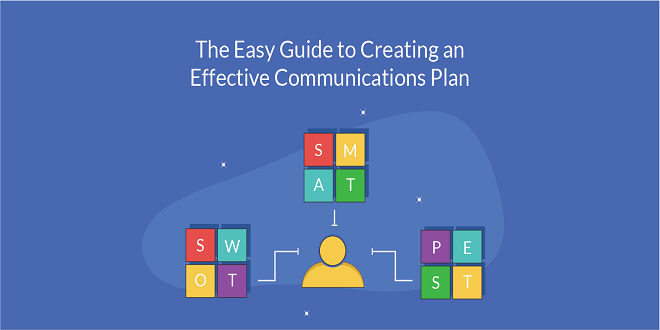Building supermarket distribution

Transvaal Nickel Mines
No matter how well presented or how good the product is, it simply will not sell if it’s not readily available to consumers. Although both Tradecraft and Oxfam have their shops, these distribution channels are not able to reach a mass market. Cafe direct needed to compete for shelf space in the major supermarkets. But shelf space is also crucial to the success of the big players and, since there is limited availability, again by Cafe direct is a loss to companies such as Pauling and Kraft General Foods. This was the job of the Cafe direct Sales Director, Lorna Young, who agreed to work four days a week on the account through Equal Exchange, her employer. The challenges facing Lorna were enormous, and her resources were minimal in comparison to those deployed by the account teams of her international rivals. The first question Lorna Young had to address was, which supermarket chain would be most receptive to stocking yet another brand of coffee – particularly one with very little resources for advertising to ‘pull through’ sales?
On the face of it, the Co-op supermarket seemed like a good choice since their current promotional platform emphasized the ethical nature of the whole organization, which they were able to reinforce through the historical roots of the Co-operative movement. The unique appeal of Cafe direct would complement this positioning very well. However, it emerged that the Co-op’s response was colored by plans to launch their range of fairly traded products. Furthermore, the younger, ABC1 consumers crucial to success do not do much shopping at Co-op supermarkets, so the target group could not easily be accessed through Co-op outlets.
Launch postscript
British supermarkets are giving the product a fair chance; the rest is really up to consumers and their willingness to repeat purchase the brand regularly. Perhaps they will be prepared to do this. Research commissioned by the Co-operative movement indicates that ‘Consumers are willing to penalize retailers and brands which fail to meet their ethical standards and to reward those that do … one in three consumers reported that they had boycotted a shop or brand in the past. Six out of ten are ready to do so now.’ However, now that Cafe directs is supplying most of the supermarkets, the buyer-seller relationship has changed and the call of the more strident activists to ‘protest March down to your supermarket’ has become counterproductive.
The company
Transvaal Nickel Mines (TNM) were created in 1926 to mine and refine nickel deposits found in the Transvaal area of South Africa. With its head office located in Johannesburg, the company had branched out internationally and now had mines, smelters, and refineries on three continents – Africa, Australia, and South America.
The market
Primary nickel consumption in the Western world for 1995 was estimated to be 905,000 tones; 66 percent of this nickel was used in the production of stainless steel.† The balance of the nickel produced was used in the production of superalloys and electroplating applications. Superalloys are metal alloys formulated to withstand extreme conditions; common applications include jet engine turbine parts, automotive turbocharger blades, and nuclear reactor tubes. It is in this area that high purity/quality producers like TNM can obtain higher than average prices for their nickel. Key areas of nickel consumption are Japan, the US, Korea, Germany, and other parts of Western Europe.
Last word
TNM competes against Canadian, Australian, and Russian nickel producers. Since the break-up of the Soviet Union in 1991, large quantities of Russian nickel have been entering the European market, trading at a 2–4 percent discount to the price charged by Western world nickel producers. Many nickel customers have decreased purchases from suppliers like TNM, shifting to the lower-cost Russian nickel. TNM has been forced to reduce prices to protect its remaining market share, thereby adversely affecting overall profitability. Most customers continue to purchase a certain baseline quantity of nickel from TNM or other Western producers to maintain an ongoing business relationship. Generally, metal industrial users recognize that Russian material does not represent a secure source of supply and therefore try to maintain ties with more reliable Western producers.





